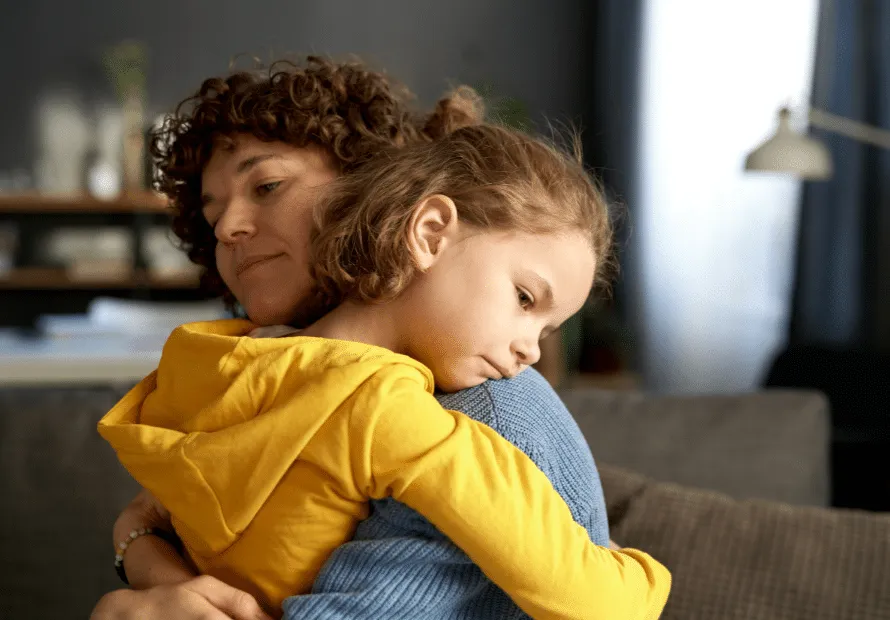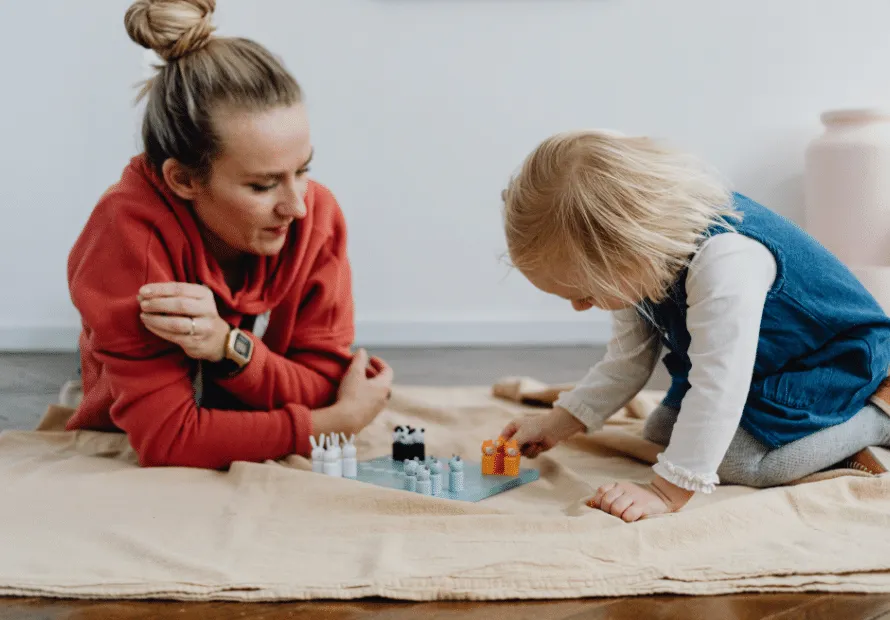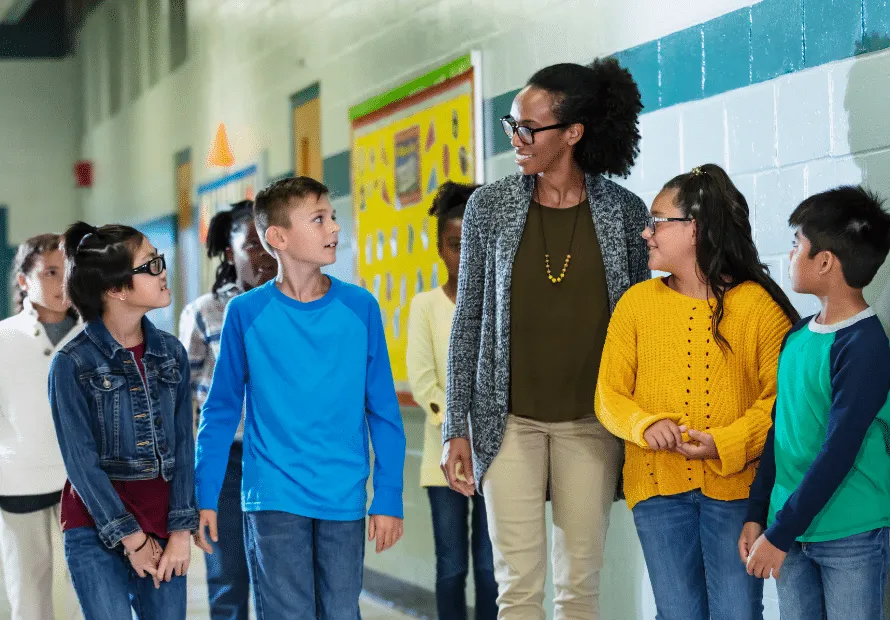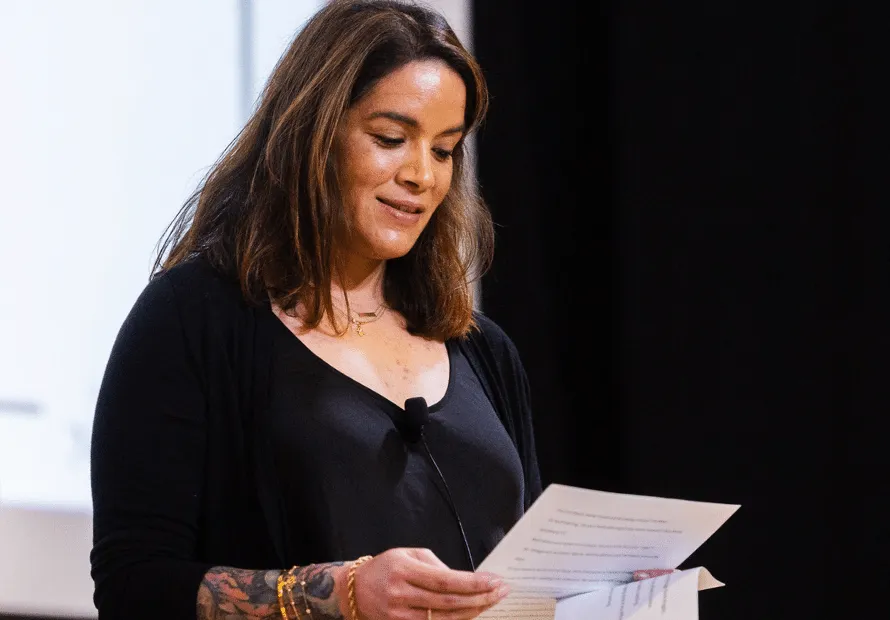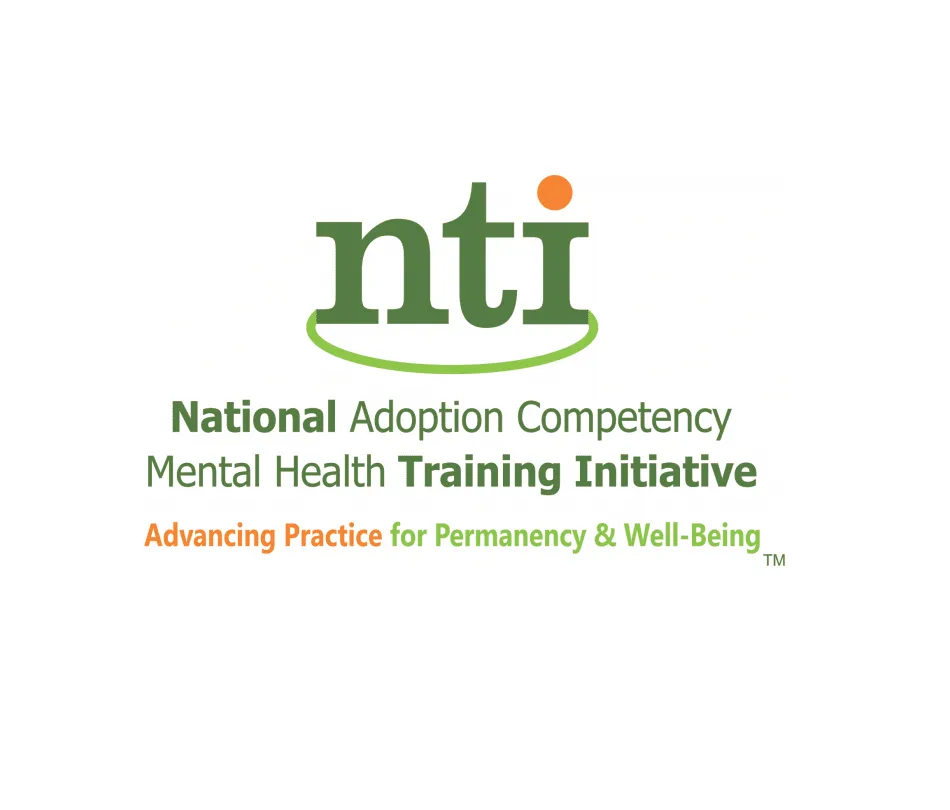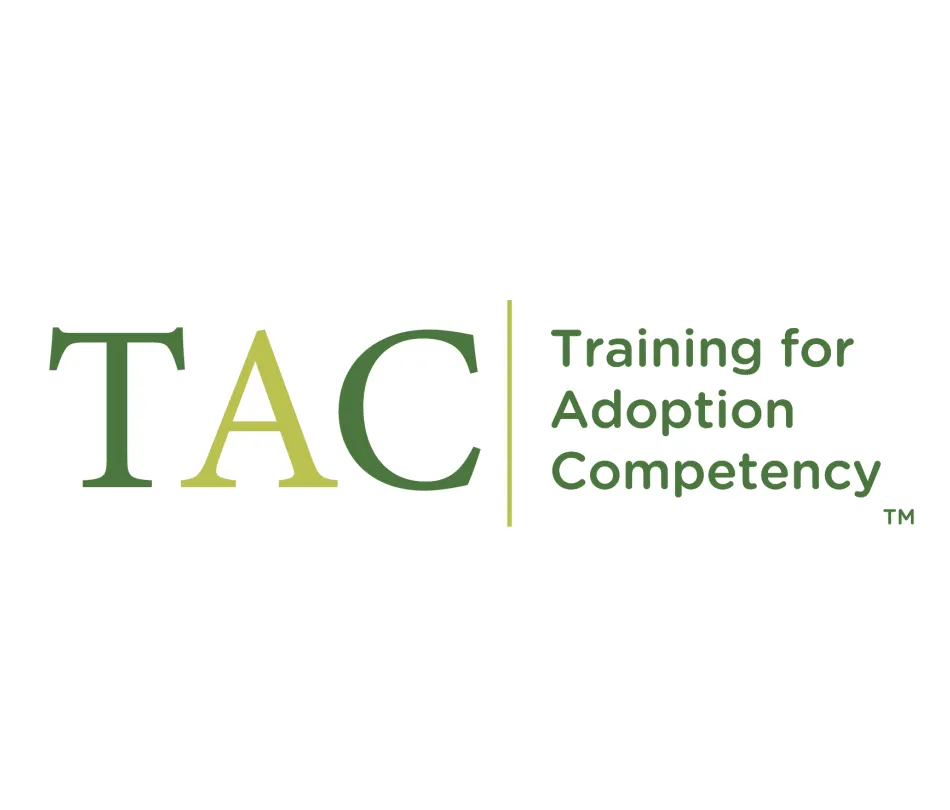Preparing and Supporting Children During the Holidays
Preparing and Supporting Children During the Holidays

The holiday season can be a joyful time, full of fun events, music, nostalgia, family traditions, colorful decorations, and lots of media coverage. But the holidays are not joyful for everyone — it can be a time of isolation, loneliness and depression for many, and all the trappings can reinforce these feelings for those for whom the holidays are a trial, not a joy. Children who are adopted may bring memories of traumatic holiday seasons, or thoughts of people and traditions lost to them. These memories can enhance their feelings of isolation and loneliness, and lead to puzzling behaviors at a time of year that may traditionally be filled with positivity for your family.
For children who have or are experiencing trauma, the heightened emotions during Christmas, Hanukkah, Kwanzaa, New Year’s Eve, and other celebrations may represent a season of emotional pain. The constant presence of holiday music, festive decorations, pop culture, and holiday events meant to evoke the spirit and magic of the season can be overwhelming, and may in fact create anxiety, loneliness, and grief in children. The pressure to participate in happy family times may inadvertently cause distress, reminding them of people they have lost, or other family times – both happy and unhappy.
Being thoughtful about the holidays ahead of time and assessing and addressing the feelings that children may have at this time of year can set the stage for a more pleasant holiday experience for everyone.
Think about your normal family routines and try not to disrupt them too drastically. Children depend on consistency and predictability, and while some fun activities and surprises can add to the holiday spirit, too much disruption can also lead to confusion and anxiety, especially for children who have experienced trauma and disruption in their lives. Maintain mealtimes, bedtime routines, normal foods, and daily routines, and discuss changes in routines ahead of time so children are prepared.
Include children in planning activities so they can have a say and anticipate the change in routine. Have a family conversation about the holidays and ask children how they are feeling about the festivities around them. Ask children who have lived in other families or institutional settings before they joined your family what the holidays were like for them, and if they did anything fun or meaningful that they would like to add to your family celebration. Incorporate elements from their culture or heritage into the holiday celebrations. This can help them feel a sense of connection and increased self-esteem. As a family, create new traditions incorporating everyone’s ideas. This could look like making handmade decorations, volunteering as a family, collecting donations for a toy drive, or another community activity. If the child has a favorite holiday food, add that to your menu. Blend the old with the new to create a new family tradition.
Be mindful of holiday-themed movies and books, and check them out before viewing them as a family. Many are fun and have good messages about love and friendship, but some may have triggering plots for children who have experienced violence, abandonment, neglect, or other traumas.
The holidays are also a great time to encourage self-expression through art, music, or other forms of creativity. Individual or family projects that utilize these mediums can be fun and provide a vehicle for expressing emotions that are difficult to talk about. For instance, creating a family banner with each family member decorating a flag with a holiday or family theme to be strung together to create a decoration that can be hung on a mantle or across the top of a doorway.
For some children who have never experienced a positive holiday season before, be mindful that they may not know what to expect and may be fearful. Talk about what your family does for the holidays, reassure them that the holidays are fun and safe family times, and encourage them to come to you if they are feeling overwhelmed or need to withdraw for a short time. Designate a quiet space where children can take a break if needed.
Talk about any family or friends who have died or moved away in the last year, including people who are important to children with whom they have lost touch. For children, they may be biological family members, previous caregivers, or foster siblings. Encourage them to talk about their sadness and grief and validate their feelings. Let them know that it is normal for feelings to be heightened during the holidays, since these are times when family and friend connections are emphasized. Give them the gift of your support. Create a ceremony to recognize those people that can be replicated each year to honor those connections.
Whenever possible, honor existing connections for children who are adopted. If they have relationships with biological family members, or other important people in their lives, make an effort to create time during the holidays to include them in a celebration. Encourage communication through letters, phone calls, or video chats if in-person contact is not possible.
Be prepared to talk to your adopted child about their adoption journey. The holidays are a time when all the emphasis on family is likely to elicit questions about adoption and provide an opportunity to have a dialogue. Take the time to listen to the questions and answer them as honestly as possible with the information you have. It is also an opportunity to ask questions and perhaps learn more about your child’s life before they joined your family.
Be mindful of sensory overload. I mentioned earlier that children may need to take a break from the festivities. What may seem like a normal holiday activity to you may be overwhelming to your child. Too many people, too many presents, too much activity. Keep everything in moderation until you know your child’s level of tolerance. Some children are overwhelmed by large groups of people and high levels of activity that they are not accustomed to. This can lead to a variety of behaviors indicative of their anxiety and discomfort.
At this time of gift giving and receiving, moderation is once again wise. Some children expect nothing because they have never received anything. Encourage them to think of three gifts they really want so you have an idea of what is important to them. They may not get all they ask for but follow their lead and do your best to give them something they want, along with a few other things they didn’t think of. It will help them feel that they deserve to ask for, and are worthy of receiving, something that they want. Incorporate giving into your holiday tradition. Help children pick out small gifts for other family members, and perhaps have them participate in giving to charities.
The holidays are not only about gifts, but about family and friend connections. It is important to know what your child’s experiences have been with the holidays as you plan your family’s celebrations. Holidays can be a time of healing and a time to strengthen the bond between your adopted child and your family. Because it is a time of heightened emotion, it is also an opportunity for more conversation, sharing meaningful experiences, renewing family traditions, and building closer connections.
